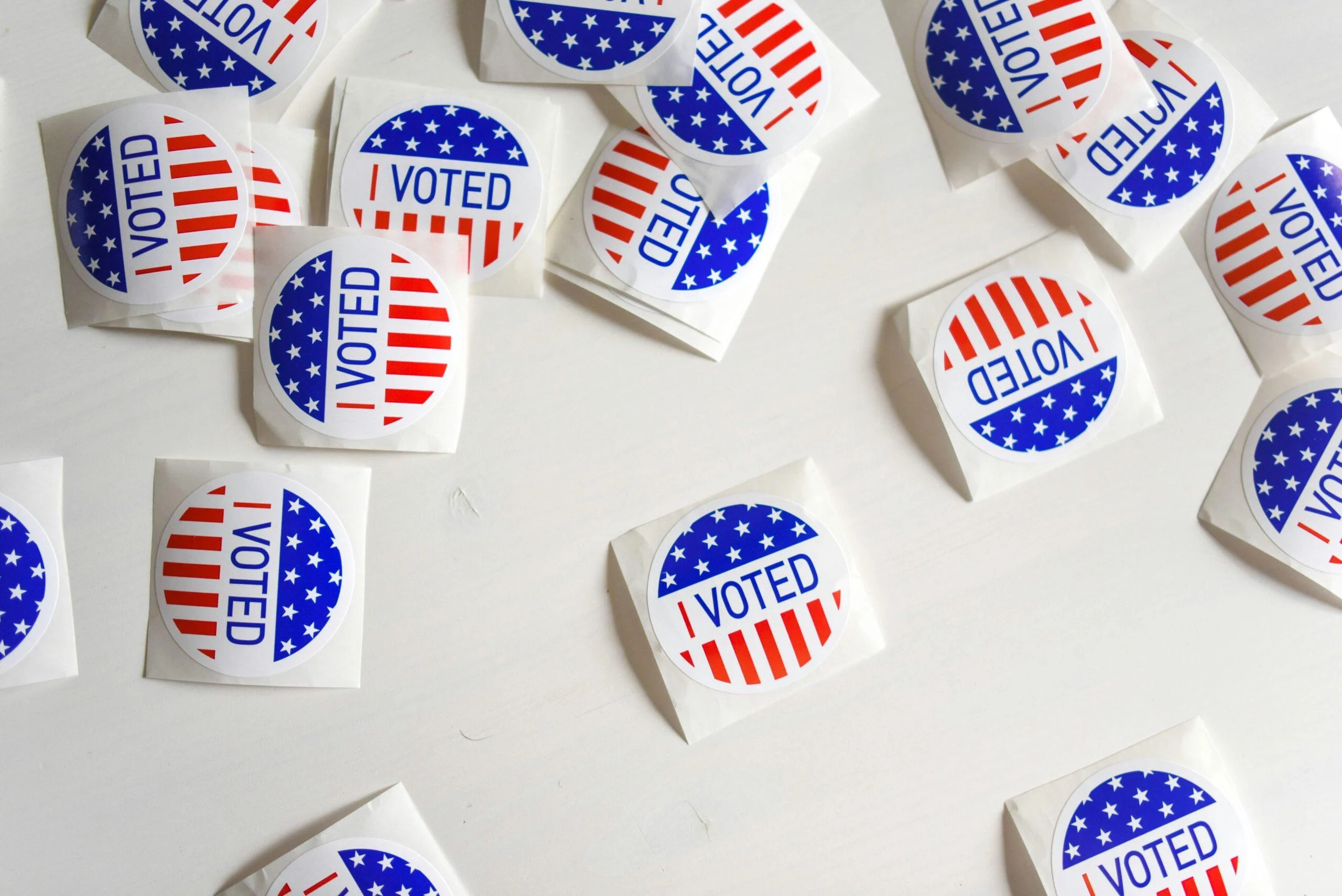November 2024 Election: Potential Workplace Drug Testing Ramifications Across Five States
This information is provided for educational purposes only. Reader retains full responsibility for the use of the information contained herein.
As the November 2024 election approaches, several states are poised to make significant changes to their drug policies, potentially impacting workplace drug testing regulations. With five states featuring drug-related measures on the ballot, employers and employees alike should prepare for potential shifts in how drug use is managed in the workplace.
States with Drug-Related Measures
- Recreational marijuana in North Dakota: The state has proposed an initiative to legalize recreational marijuana. While it explicitly allows employers to prohibit the possession of marijuana at work and to prevent employees from working under its influence, it leaves ambiguity regarding off-duty and off-site marijuana use. This uncertainty could lead to confusion for employers trying to enforce drug-free workplace policies. It is likely that employers will retain their ability to test employees for marijuana use and to discipline them for positive results, but the initiative is not clear on the subject.
- Recreational marijuana in South Dakota: South Dakota’s measure aims to legalize recreational marijuana while safeguarding employers’ rights to restrict its use among employees. The initiative explicitly does not require workplace accommodations for marijuana use and permits employers to restrict marijuana use by employees.
- Recreational marijuana in Florida: Florida’s initiative to legalize recreational marijuana notably omits any mention of employers or workplace implications. This absence suggests that, even if the measure passes, employers may retain their authority to discipline employees based on positive marijuana tests, potentially maintaining the status quo in workplace drug policies.
- Medical marijuana in Nebraska: If Nebraska’s measure to legalize medical marijuana is successful, it will mark a big shift in the state, as it would be the state’s first legal marijuana law. However, the measure does not address workplace policies directly, leaving employers to navigate the implications of medical marijuana use on their own.
- Legal psychedelics in Massachusetts: The state’s initiative to legalize natural psychedelics includes a clear provision stating that employers are not required to accommodate the use of these substances by employees. This regulation clarifies expectations for both employers and employees, ensuring that workplace policies can remain stringent when it comes to psychedelic drugs.
Implications for Employers and Employees
The differing approaches across these states highlight a patchwork of regulations that can create challenges for employers. Key considerations include:
- Ambiguity in Policies: In states like North Dakota and Nebraska, the lack of clarity regarding off-duty use may lead to varied interpretations and potential legal disputes. Employers may need to establish clear policies to mitigate risks associated with ambiguous language.
- Maintaining Drug-Free Workplaces: For all employers, the legalization of marijuana or psychedelics will undoubtedly lead to higher rates of use by employees and an increase in employees working while impaired. Employers should be very clear with employees following any legalization measure about workplace policies, drug testing, and the importance of safety in the workplace.
- Impact on Workplace Culture: As public perception of marijuana and psychedelics continues to evolve; employers may face pressure or confusion in creating and enforcing their drug policies. Employers should continue to focus on maintaining safe workplaces in spite of pressures to accept widespread substance use and abuse. The Current Consulting Group can help develop workplace drug testing policies that are legally compliant and defensible and use the best available means to keep the workplace safe and productive.
Conclusion
As the November 2024 election nears, the proposed drug-related measures could lead to significant changes in workplace drug testing regulations across several states. Employers should prepare for varying implications depending on the outcomes, ensuring that they remain compliant while addressing employee concerns. With the landscape of drug use continually shifting, proactive policy development will be crucial for navigating the complexities of workplace drug testing in the future.
©2010-2024 The Current Consulting Group, LLC – No portion of this article may be reproduced, retransmitted, posted on a website, or used in any manner without the written consent of the Current Consulting Group, LLC. When permission is granted to reproduce this article in any way, full attribution to the author and copyright holder is required.



